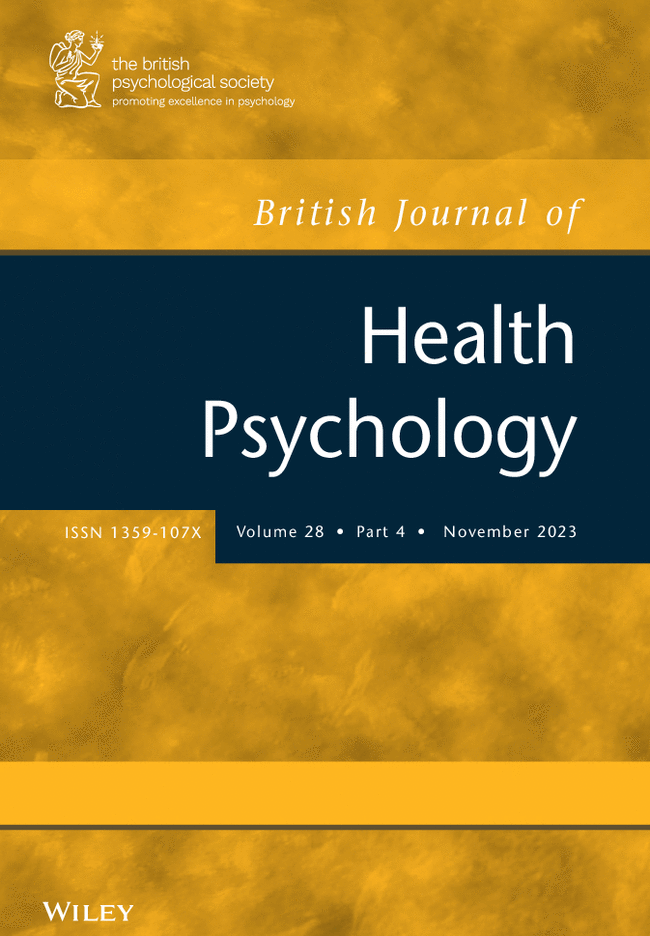According to Stets and Burke's Identity Theory, people experience negative affect when their behaviour deviates from their identity standards, which drives the regulation of identity-relevant behaviour. Guilt and shame represent unique forms of negative affect. Self-compassion may influence guilt and shame responses about identity-behaviour inconsistencies. Relative to exercise identity, we examined the associations between (1) guilt and shame, behavioural intentions, and perceptions of identity-behaviour re-alignment after an identity-inconsistent situation and (2) whether self-compassion moderates the relationship between these forms of negative affect and both behavioural intentions and identity-behaviour re-alignment.
Prospective, online, quantitative.
N = 274 exercisers (Mage = 32.5 years, SDage = 10.8 years, 50.2% women) who engaged in less exercise in the past week than their identity standard were recruited from Prolific.com. At baseline, self-compassion, state and trait guilt and shame, and exercise intentions were measured. One week later, participants reported the extent to which their past week's exercise aligned with their identity standard (i.e., identity-consistent perceptions).
Neither state shame nor guilt related to exercise intentions nor identity-consistent perceptions. Self-compassion moderated the relationship between state guilt and identity-consistent perceptions (b = 2.524, SE = .975, t = 2.588, p = .010); state guilt was related to identity-behaviour consistency when self-compassion was high, but not when it was low. No other moderations were significant.
This study adds nuance to Identity Theory and its propositions about negative affect and self-regulation; self-compassion may create the conditions necessary for negative affect to drive identity-relevant behaviour as proposed by identity theory.



